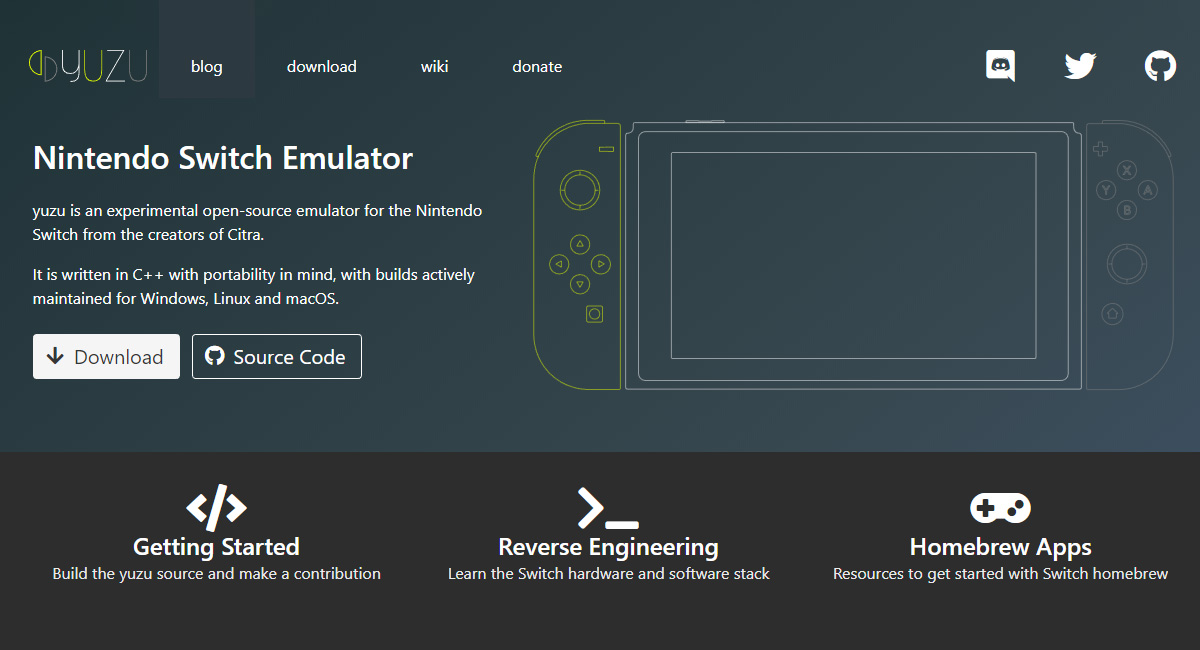

What to expect from the Steam Deck's performanceĭrivers can make or break emulator performance, and both Dolphin and Yuzu have run into compatibility issues in the past with AMD's Windows drivers. That could've been a death sentence for performance on the Steam Deck given AMD's OpenGL drivers, but Cemu has had much faster Vulkan support since 2019.

Wii U emulator Cemu is currently only built for Windows, for example, and for a few years only had an OpenGL backend.
Yuzu emulator reviews install#
One of the Steam Deck's great strengths is that you'll be able to install and run Windows on it, opening the door to emulators for every game system you can think of.
Yuzu emulator reviews drivers#
Vulkan performance with AMD's graphics drivers is great, but AMD's OpenGL performance in Windows is notoriously poor, which was a major issue for emulators that tried to build on that open standard. Vulkan is a much newer open source API built to be better performing for games, and AMD had a major hand in its development. OpenGL had a few major supporters, like id Software, but has never been hugely popular for games. If you aren't familiar, OpenGL is an open source API that was once a common alternative to Microsoft's DirectX.
Yuzu emulator reviews driver#
JMC4789 mentioned a couple other concerns: GPU driver efficiency and AMD's past struggles with OpenGL. It's not a perfect comparison because Valve and AMD designed a custom, lower-power system-on-a-chip, but the quick takeaway is the CPU should be more than powerful enough to run the vast majority of GameCube and Wii games at full speed. In the 2010s I emulated many games on an Intel Core i5-2500k, and even though its clock speed was similar to the Steam Deck's, a Passmark benchmark comparison shows that AMD's new Zen 2 architecture is about three times more efficient than my old processor. But in Dolphin's case, years of improvements to the emulator (and years of improving hardware) have actually made CPU requirements pretty reasonable.

The first one is that emulators generally need much more powerful CPUs than the original console processors-your PC's CPU is doing a lot of work to replicate the behavior of that different CPU architecture. There are a few important takeaways from this explanation. But when OpenGL was king, AMD struggled mightily." "Nowadays with Vulkan and D3D11/12 in Dolphin, the playing field has leveled out a lot. "One of the reasons that Nvidia has given us a smoother experience in general is that the drivers were much more efficient at doing the things we needed to do, which lowered CPU overhead," JMC4789 says. The graphics API a game or emulator uses can make a big difference in performance, too. Emulators often ask your graphics card to do things that a PC game typically wouldn't, which can reveal quirks, bugs, and inefficiencies in graphics card drivers that you'd never run into otherwise.


 0 kommentar(er)
0 kommentar(er)
